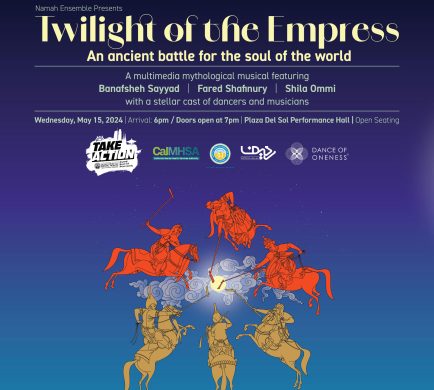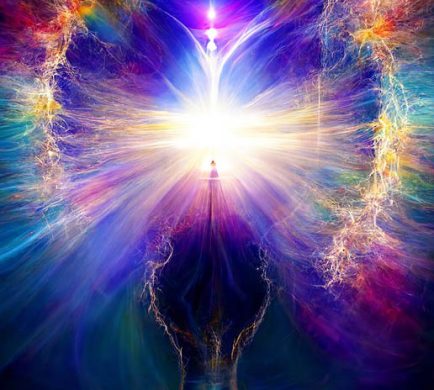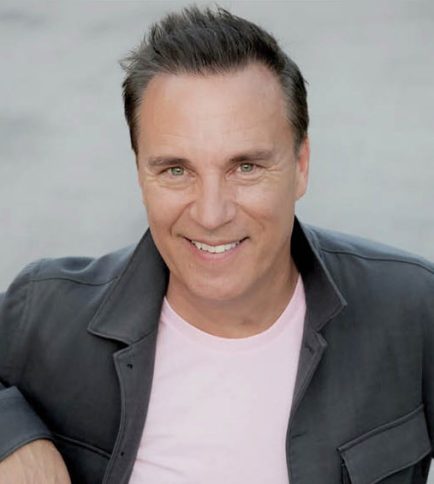As an introvert, I have always been drawn to the world of thought and feeling. In the field of psychology, it is generally accepted that where we come on the introvert/extrovert spectrum forms the basis of our personality. Very often, the pressure on introverts to present themselves as extroverts in order to fit in is immense. The effort involved in subverting the most fundamental dimension of one’s personality often causes what Susan Cain, in her book ‘Quiet,’ refers to as ‘deep psychic pain.’ And so it was for me in my early years.
Whether primarily introverted or primarily extroverted, what matters is to live authentically. It is essential to know oneself and to be true to that self. There is little value in living an inauthentic life, nor is there any honour in being false. In my final two years in school, I was lucky enough to have one of those exceptional teachers who gave me a lifelong love of learning. In college, I chose to study the Humanities. Immersed in the great works of French, Spanish, and South American literature, I gained a lot of insight into humanity and the human condition.
In my professional life, I worked for many years as a Certified Employee Assistance Professional. Having completed a Diploma in Counselling, Hypnotherapy, and NLP, I provided a counseling and referral service, together with a health and well-being program for over a thousand staff members. It was an enormous privilege to be trusted with people’s innermost thoughts and feelings as they explored and dealt with their personal and work-related stresses.
Over many years, I have read widely in the Mind/Body/Spirit genre, starting with Louise Hay’s ‘You Can
Heal Your Life.’ The two books that influenced my thinking more than any others were Eckhart Tolle’s ‘Stillness Speaks’ and Wayne Dyer’s ‘The Power of Intention. I sat in Stillness regularly, and I would later go on to sow the seed of my own book in the field of intention and water it regularly using affirmations and visualization. One day, an unusual email landed in my inbox at work. It was from a company called Xenergie, offering a course in self-mastery.
What attracted me to the course initially was the proposed location. The Burren, in County Clare in Ireland, is a UNESCO geopark. It is a mystical and spiritual landscape.
I signed up right away. I was required to complete a Myers-Briggs personality test in advance. It turned out I am an INTP, which stands for Introverted, Intuitive, Thinking, and Perceiving. This in itself was
interesting to me. Although aware of the Myers-Briggs test, I had never actually completed it. The course
itself appealed to me as it was to cover ‘ examining one’s life with a view to living deliberately’. It was Socrates, after all, who said the unexamined life was not worth living and Thoreau who ‘decided to live deliberately’ so that when he came to die, he would not discover that he had not lived.
And so it was in The Burren that the inspiration to write a MIND/BODY/SPIRIT book came to me. Sometime after that, a serendipitous event, one of those ‘meaningful coincidences’ that Carl Jung referred to, led to a year-long course in KI/Energy training with a Korean master. The course involved Calisthenics, Chanting, and Meditation. The KI training deepened my connection to my soul/spirit self. It was to have a profound effect on the book I would eventually write. I gained a deeper understanding of what science has proven is the one unified field of energy in which everything exists.
The universal energy system only ever exists in the eternal present moment. To live in awareness, one needs to be consciously present, through the senses, in one’s immediate experience. Being instead of thinking is key. In this way we are in flow with our innate creativity and our intuition which is our natural guidance system.
I had a cabin built in my garden so that I would have a peaceful place to write. As it turned out, most of the writing was done at my kitchen table in the early morning hours. The book took three years to research and a further two years to write and edit. It has been the most enjoyable work I have ever engaged in.
The title for the book ‘OF HUMAN BEING’ was a nod to Somerset Maugham’s ‘OF HUMAN BONDAGE’, a title that stayed with me over many years. Having accumulated so much research, I was on the
point of abandoning the entire project. I had no idea how to find my way into the research to begin the writing. In one of those light bulb moments, the idea for an A to Z structure came to me. By introducing the tagline ‘an A to Z of the power and art of human being’, I was then able to extract the relevant knowledge from the research and begin the writing. Each chapter covers the power and the art of two distinct concepts. There are twenty-six chapters in all, covering fifty-two separate concepts. Each piece has been distilled down to its essence. There are no wasted words.
The purpose of the book is to demonstrate how we can each use our power better in the art of living. I don’t believe, as is sometimes said, that we fear our power. I think we simply doubt it or have become disconnected from it. As Michelangelo said, ‘The greatest danger lies for most of us not in setting our aim too high and falling short, but in setting our aim too low and reaching our mark. Disconnected from our own powerful spiritual essence, we get caught up in the mundane world. By connecting to our power through Stillness and meditation, we discover who we really are. Likewise, when we are ‘being’ rather than thinking, when we are present, through the senses, in our immediate experience, we are in sync or in flow with the universal energy system. What Dostoyevsky referred to as ‘the river of life’. This is how we connect to our creativity and to our intuition, which is our innate guidance system.
The first chapter in the book explores ‘The Power of Appreciation’ and ‘The Art of Awareness’. A quick look at the contents page shows the range of ideas that are covered in the book, for example,’ The Power of Inspiration’ and ‘The Art of Intention.’ The final chapter covers ‘The Power of the Zeitgeist’ and ‘The Art of Zest’. When we let go of a sense of zest, that love of life, we begin to experience life as routine and mundane. We may even begin to take for granted the magic and the mystery that is life. When we are lucky enough to find ourselves in pursuit of any aspiration, great or small, that pursuit is its own reward. Winston Graham put it beautifully when he said, ‘Give me the comma of imperfect striving, thus to find zest in the immediate living’. By living with a sense of zest, we honor life.
If, as Gandhi suggested, we are to ‘be the change’ we would like to see in the world, we need to foster a global culture of kindness. This is so much needed now in our homes, our communities, our schools, and our workplaces. Relationships thrive on kindness and flounder when kindness is withheld. It is good to remember that kindness itself has a built-in feel-good factor!
Throughout history, the principle of inequality has underpinned almost all our political, economic, and social structures. As part of the human species, we are all, by our very nature, equal. The fundamental inequality between any of us and the one that matters most is income inequality. Any system that presides over the existence of beggars and billionaires is a dysfunctional system, and our endless wars reflect shamefully on our species. To quote Willian Cockran, ‘The Earth is a generous mother. She will provide, in plentiful abundance, food for all her children, if they will but cultivate her soil in justice and in peace.
While we are a highly evolved species, we are not the All. Living as if human intelligence is the highest intelligence system operating in the universe can sometimes cause us to experience an underlying sense of anxiety, dissatisfaction, and a lack of purpose or meaning. It is only by engaging the power of our own higher intelligence in the art of being that we live life as it was originally intended. In this way, we honor ourselves, and we honor life.
If you do get to read ‘OF HUMAN BEING – an A to Z of the power and art of human being, I hope you enjoy reading it as much as I enjoyed researching and writing it. My favorite comment on the book so far is that ‘it keeps your mind in a good place.’
by Orla Ryan








Comments